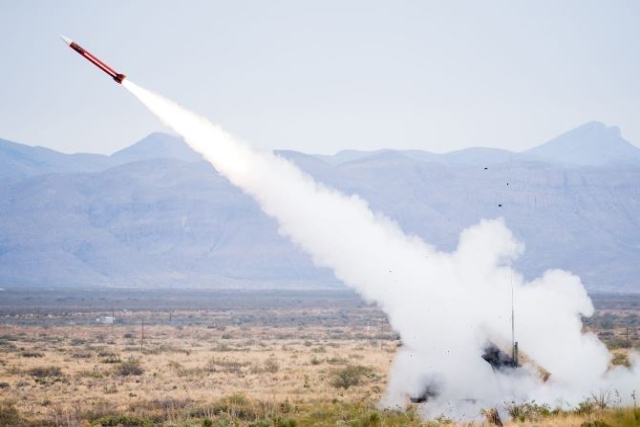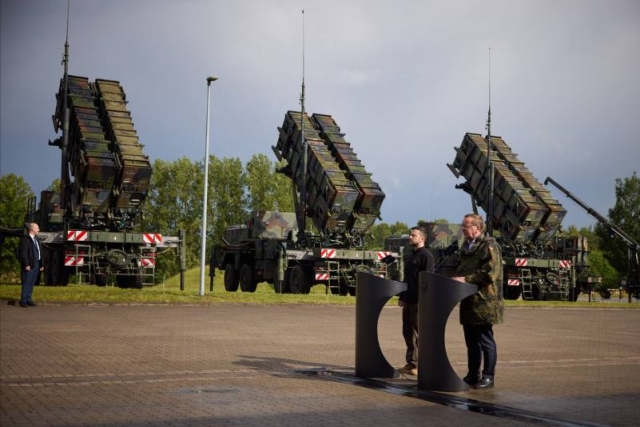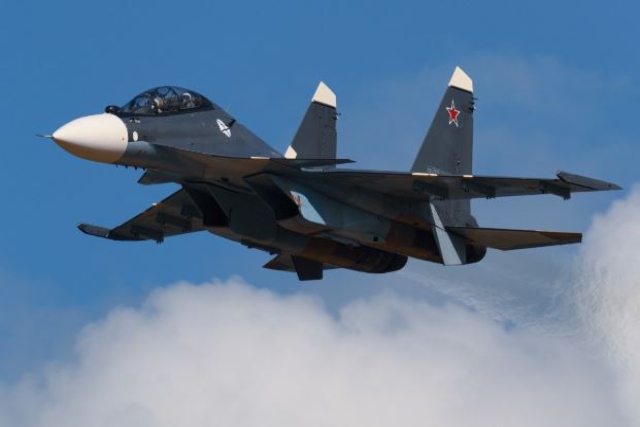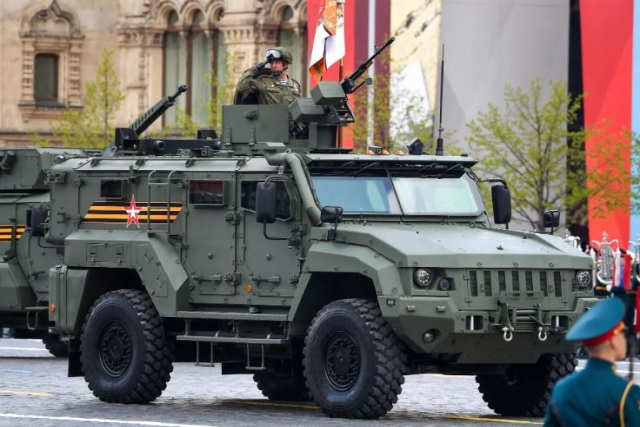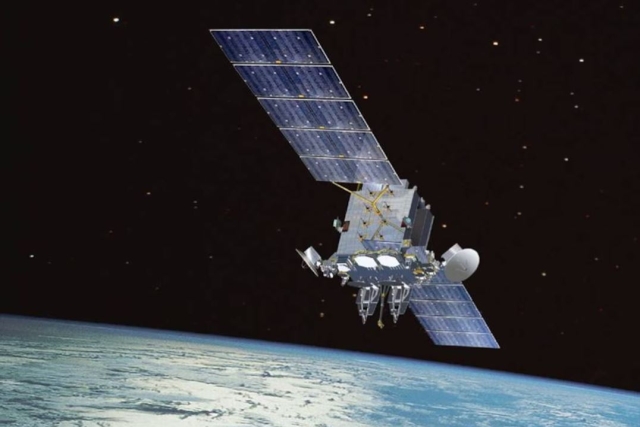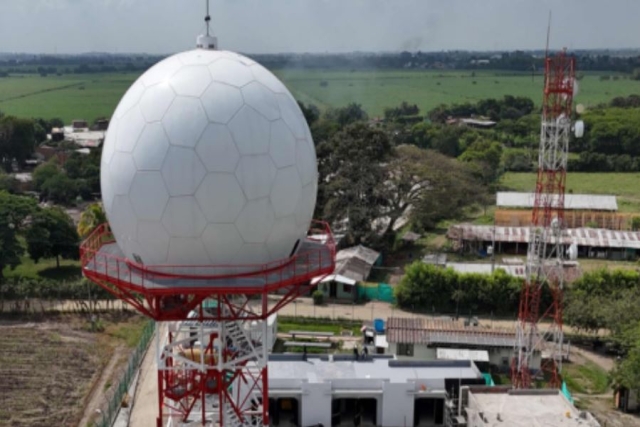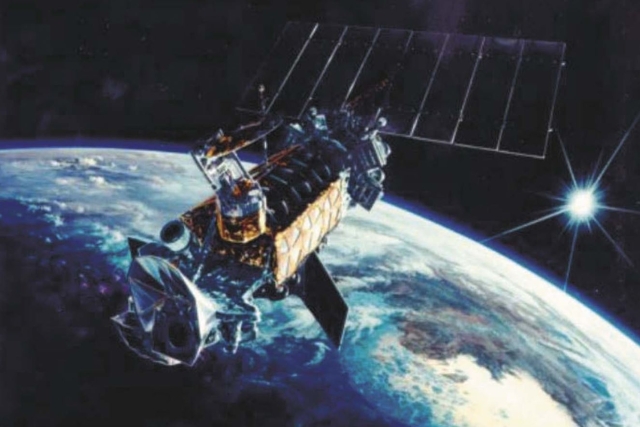Ukraine War Drives Over 20% Increase in Boeing’s PAC-3 Missile Seeker Production
Demand for PAC-3 growing amid conflicts and threats in Ukraine, the Middle East, and Indo-Pacific: Boeing
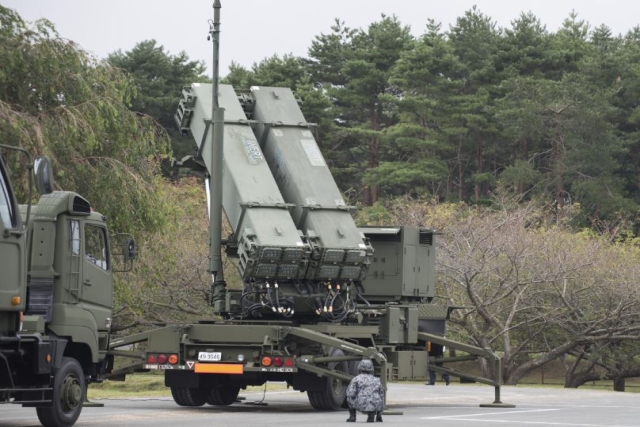
Boeing has announced that it is on track to break its annual seeker production record for Patriot missiles, driven by increased global demand due to the conflict in Ukraine.
The company has already surpassed its previous three- and six-month rolling PAC-3 seeker production records in the first half of the year. It is now on track to exceed its annual production record by over 20% by the end of the year. The production focuses on the PAC-3 Missile Segment Enhancement (MSE) missile, the latest variant of the Patriot missile family.
“Demand for PAC-3 continues to grow in the wake of recent conflicts and rapidly proliferating threats affecting Ukraine, the Middle East and Indo-Pacific,” the company said in its official release.
In June, the U.S. Army awarded Lockheed Martin a $4.5 billion multiyear contract to procure 870 PAC-3 MSE missiles and associated hardware. Lockheed Martin was already fully funded to produce 550 missiles per year to replenish the PAC-3 MSE missiles sent to Ukraine for its defense against the Russian invasion. The company had previously been building 350 missiles annually by 2018, increasing to 500 per year prior to the Ukraine conflict. Lockheed plans to ramp up production to 650 missiles per year by 2027 to meet the U.S. Army's demand for stockpile replenishment.
Lockheed Martin has also been working to stabilize the supply chain, ensuring that Aerojet Rocketdyne can supply solid-rocket motors and Boeing can meet the demand for seekers. Boeing has invested in expanding its seeker production capabilities, including a 35,000-square-foot factory expansion at its Huntsville, Alabama, facility. This expansion will increase production capacity by 30% and incorporate added efficiencies such as automated inspection systems and robotic soldering.
Despite current facilities being sufficient to meet the planned 650 missile production rate, the new expansion aims to handle much higher demand signals.
Boeing attributes its rapid production increase to several factors, including improvements in manufacturing processes and production control, greater supply chain stability, and improved first-time quality in product testing. Since 2000, Boeing has delivered more than 5,000 PAC-3 seekers to the U.S. Army and international customers, with 17 countries, including Ukraine, holding PAC-3 missiles in their inventories.
The United States' plan to boost Patriot missile production at Japanese factories has faced challenges due to a shortage of seekers manufactured by Boeing. Japan's Mitsubishi Heavy Industries produces about 30 PAC-3 missiles annually under license from Lockheed Martin, with plans to double this number. However, the expansion is contingent on an increased supply of seekers.
